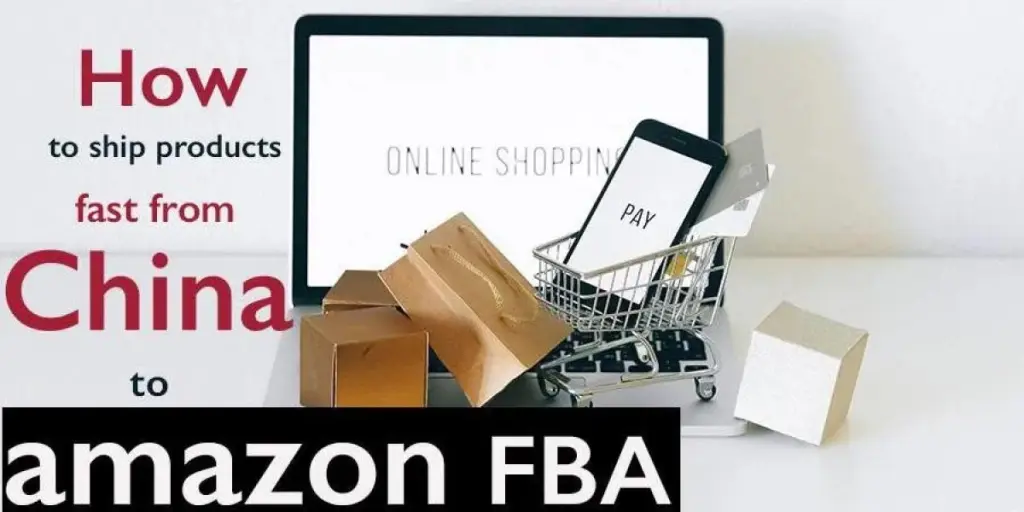There are several ways that B2B buyers and sellers connect on the internet. Sometimes, buyers find suppliers on e-commerce marketplaces where suppliers post their product offers, and other times, buyers request quotes, information, or proposals directly from the suppliers.
When a buyer submits an RFx, they get a better idea of whether or not a supplier can meet their specific needs.This article will discuss the different ways this can be done, by looking at RFQs, RFIs, and RFPs. We’ll take a look at what each of these requests is and which is the most valuable for B2B buyers. We will also discuss when to submit an RFQ, the Alibaba.com RFQ marketplace, and offer a suggested RFQ template.
Table of Contents
RFx comparison: RFQ vs. RFI vs. RFP
Should you use an RFQ?
RFQ template
The RFQ marketplace on Alibaba.com
RFx comparison: RFQ vs. RFI vs. RFP

There are three common types of RFx in B2B trade, including RFQ, RFI, and RFP. Each of these involves a buyer submitting a request for a different action from suppliers, often with the intention of gaining the insight they need to make a purchase.
Let’s take a closer look at each type of RFx to help you better understand which type of RFx is the most practical for different B2B trade use cases.
What is an RFQ?
A request for quotation (RFQ) is a document that is submitted by buyers to sellers to ask how much it would cost to fulfill a specific order request. Sellers who are capable of fulfilling a request can reach out with a quote.
The RFQ process typically looks like this:
- A buyer submits a request (directly to vendors or via an RFQ marketplace)
- Vendors submit quotes in response to the request
- The buyer compares quotes
- The buyer chooses a bid
Submitting RFQs is a great practice for B2B buyers who are ready to buy a specific product.
What is an RFI?
A request for information (RFI) is very similar to an RFQ. However, instead of a quote, buyers ask for information with this type of RFx. Potential vendors reply to RFIs with relevant information on their company, product offerings, and distribution process.
The purpose of an RFI is to collect more general information from a business, not a quote. That’s why an RFI is typically used at an earlier stage of the procurement process than an RFQ. A prospective buyer who submits an RFQ is often closer to being ready to buy than one who submits an RFI.
What is an RFP?
A request for proposal (RFP) is a document submitted to vendors by buyers to ask for a proposal for services, collaboration, or procurement of products.
An RFP can range from vague to very detailed, but the more details an interested buyer shares, the more comprehensive a proposal the seller can produce.
Submitting RFPs is a great way for prospective buyers to learn more about a company’s ability to accommodate their specific needs.
Should you use an RFQ?

Submitting an RFQ isn’t always necessary in B2B trade, so it is important to recognize when it should be used or when a different type of RFx is more appropriate.
You should use an RFQ if you:
- Have a specific product request
- Know how many units you need
- Are ready to make a purchase upon finding the right vendor
- Want multiple quotes from different vendors
An RFP is more appropriate in situations where a buyer requires some sort of collaboration or needs greater support in the form of services or solutions from a seller. An RFI is more appropriate in situations where the buyer is still acquiring information before they are ready to buy.
RFQ Template
RFQs may vary in structure since they are designed to showcase a buyer’s unique needs. However, there is a standard RFQ template that many buyers find effective.
Your RFQ should include the following information:
- About your company
- Company name
- Brief company overview
- Contact information (email address, phone number, website, etc.)
- About your request
- What products you need
- Product specs and details
- Quantity needed
- Timeline/delivery requirements
- Budget
- Customization requirements
- Review and evaluation process
- Quotation submission instructions
- Review/evaluation timeline
- Terms and conditions
- Evaluation method
Posting an RFQ on an online marketplace, like Alibaba.com, may have additional requirements. For example, the Alibaba.com RFQ marketplace requires prospective buyers to fill out a digital form.
The RFQ marketplace on Alibaba.com
Alibaba.com has an RFQ marketplace that enables B2B buyers to post requests for quotations for products that they are looking to source.
Any Alibaba.com seller can reply to the RFQs posted in this marketplace, making things more convenient for buyers.
Since buyers can post their requests on this public forum, they can receive quotes from several different sellers in response to a single RFQ. This saves them from having to spend time sending inquiries to multiple businesses.
The Alibaba.com RFQ marketplace enables prospective buyers to set supplier preferences and easily compare the quotes that they receive. Plus, most RFQs on the Alibaba.com marketplace start to receive responses within 12 hours. How’s that for a fast turnaround time?
Check out Alibaba.com’s help center article on how to post an RFQ for platform-specific requirements.




